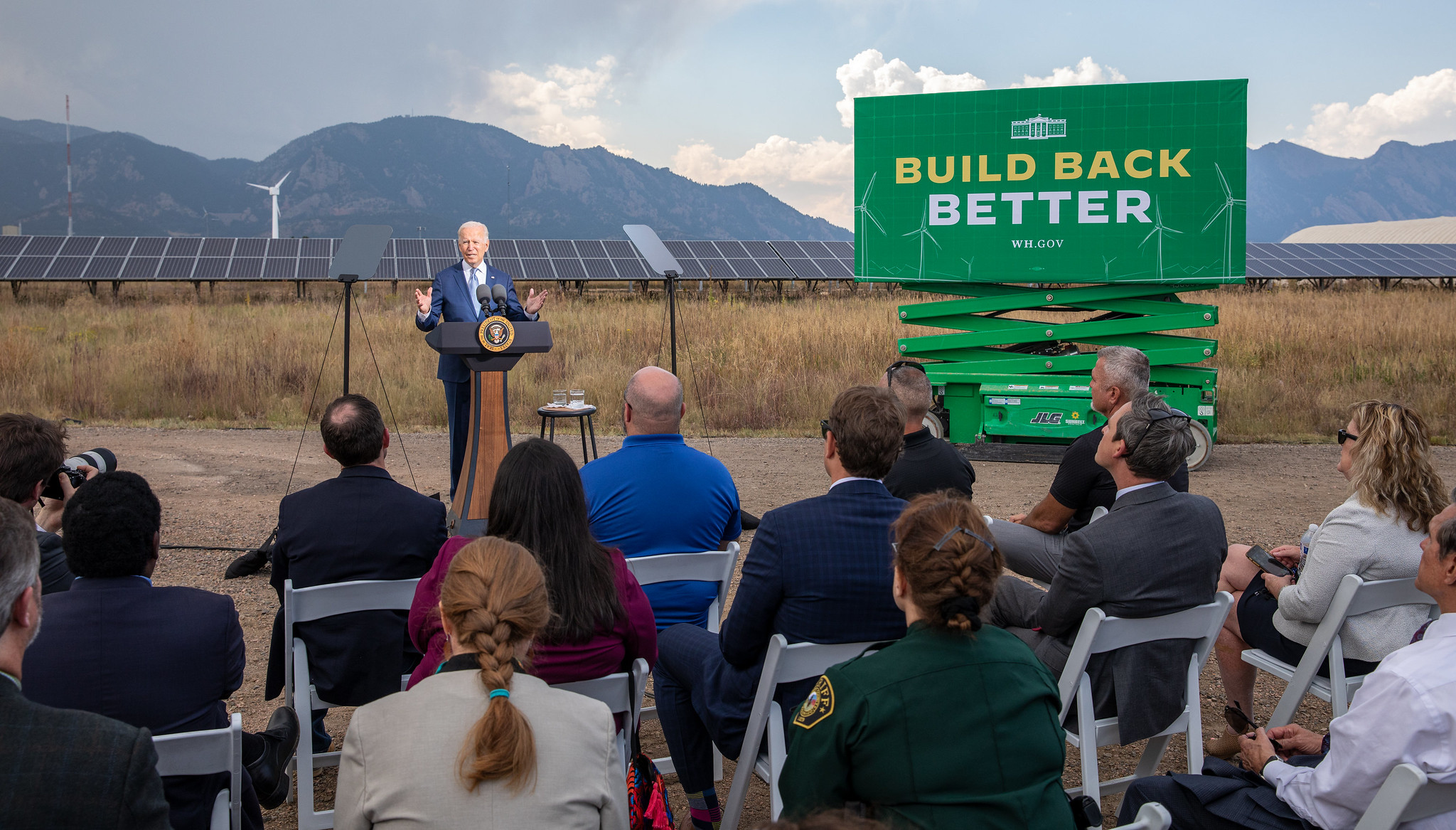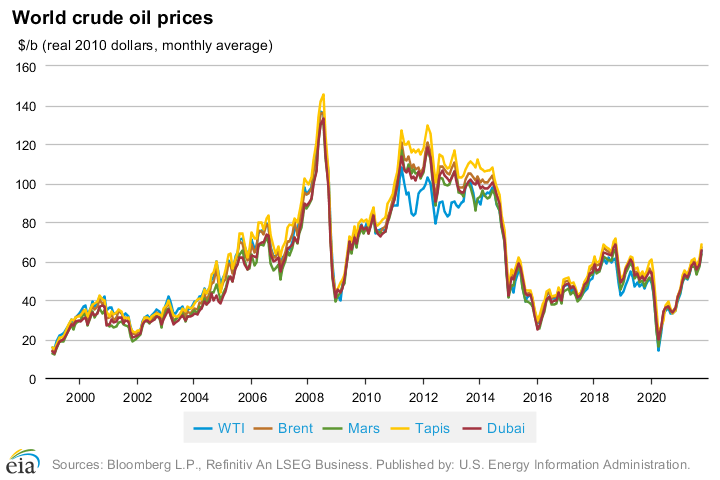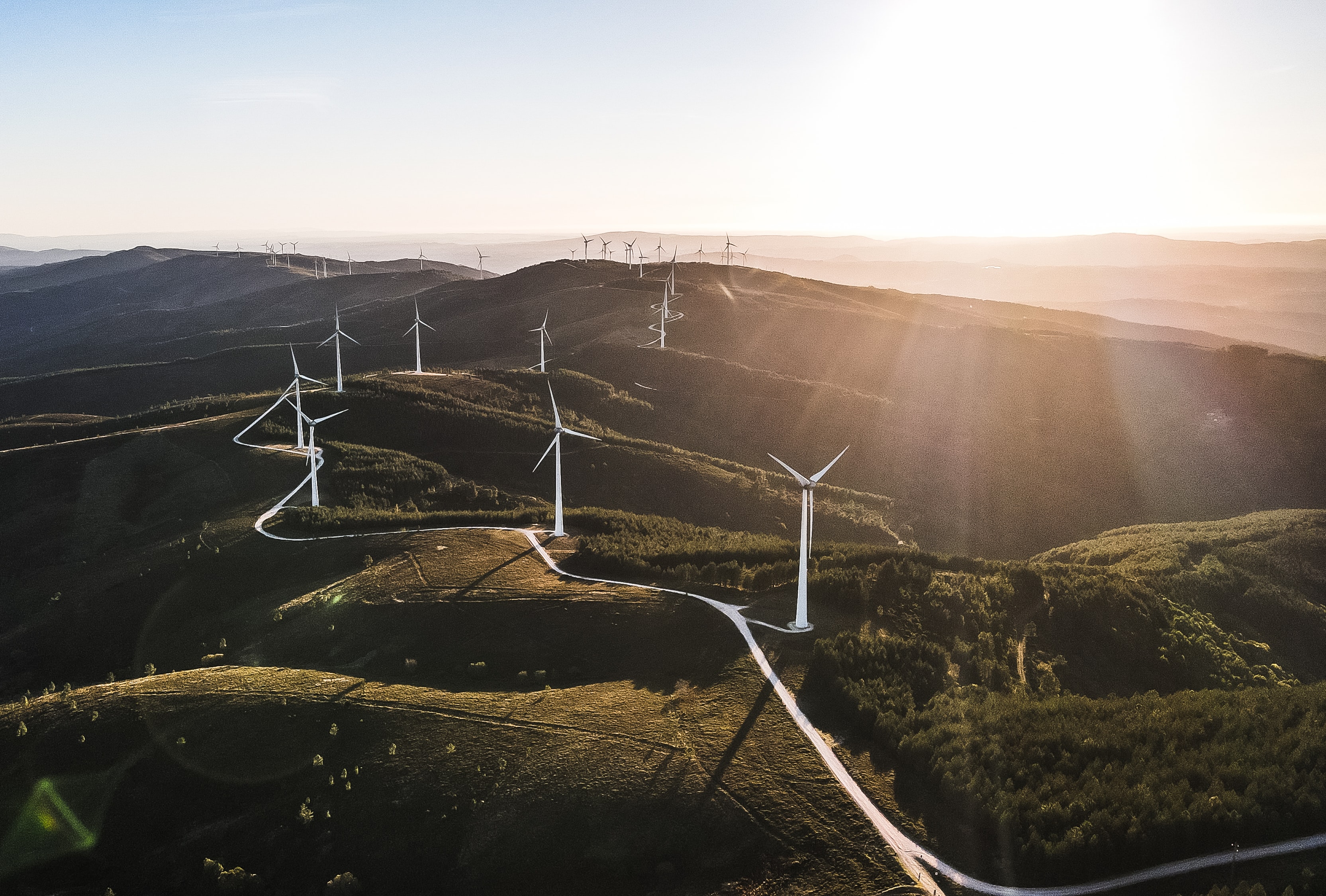Skyrocketing fossil fuel prices are putting a squeeze on Americans’ pocketbooks. Meanwhile, renewable energy sources have become “the world’s cheapest source of energy.” The U.S. Energy Information Agency (EIA) projects that household heating costs this winter will go up by 54% for propane, 43% for home heating oil, 30% for fossil gas—and only 6% for electric heating. The simplest way to drive down energy costs for consumers is to make major investments in clean energy and electrification.
The Build Back Better Act (BBBA) will provide Americans relief from rising fossil fuel costs by driving an even faster transition to more affordable and reliable clean energy. The BBBA is poised to save households billions on home energy bills and protect families from the price shocks of volatile oil and gas markets. In conjunction with bold climate action from the Biden administration and subnational leaders, the BBBA can help unlock an average energy cost saving of $500/year for American households.
The data is clear: accelerating the transition to clean energy is the best way to drive down prices and free consumers from the costly volatility of fossil fuel prices. And the BBBA is a powerful tool to ensure every American has access to reliable, affordable, clean energy. It’s time for the Senate to send it to President Biden’s desk.
Fossil Fuels: Volatile and Expensive
Oil and gas markets are unstable and particularly vulnerable to sudden changes in supply and demand. EIA figures show that over the last two decades, world crude oil prices have ranged between $20 and $140 per barrel. At times, the price swings have been violent and precipitous.




